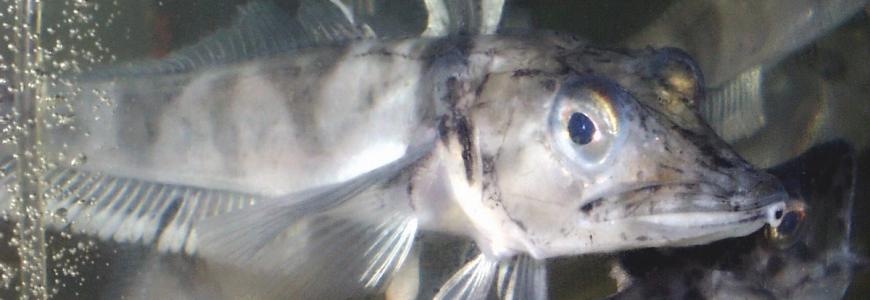Great Adaptations
Science for the Public: Contemporary Science Issues & Innovations
February 08, 2022, Belmont Media Center, Belmont MA (zoom)
H. William Detrich, Ph.D. , Professor Emeritus of Biochemistry and Marine Biology, Marine Science Center, Northeastern University
Detrich Lab
Some years ago, Dr, Detrich's pioneering research on the Antarctic icefish was among the first efforts to reveal how certain DNA features enable some creatures to adapt to extreme environmental conditions. As climate change accelerates extinctions, the genetic endowment of species is of great interest. Relatively few creatures have that endowment. Dr. Detrich explains what the genetic advantage is, how it works, and what species seem to be predisposed to successful adaptation in extreme conditions. He also discusses why the dramatic blood and skeletal adaptations of the icefish are of interest to medical researchers. In recognition of his outstanding discoveries, an Antarctic island near Palmer Station has been named Detrich Island in his honor.
Background
- The Making of the Fittest: The Birth and Death of Genes
- When the Climate Changed, These Fish Were Ready
- The Bottle Sat in Bill Detrich’s Refrigerator for Nearly 15 Years. Now, Its Time Has Come
- How the Icefish Got Its Transparent Blood and See-Through Skull
- Antifreeze Fish Inspire New Cryoprotectants for Human Cells and Tissues
- ‘Major Discovery’ Beneath Antarctic Seas: A Giant Icefish Breeding Colony

